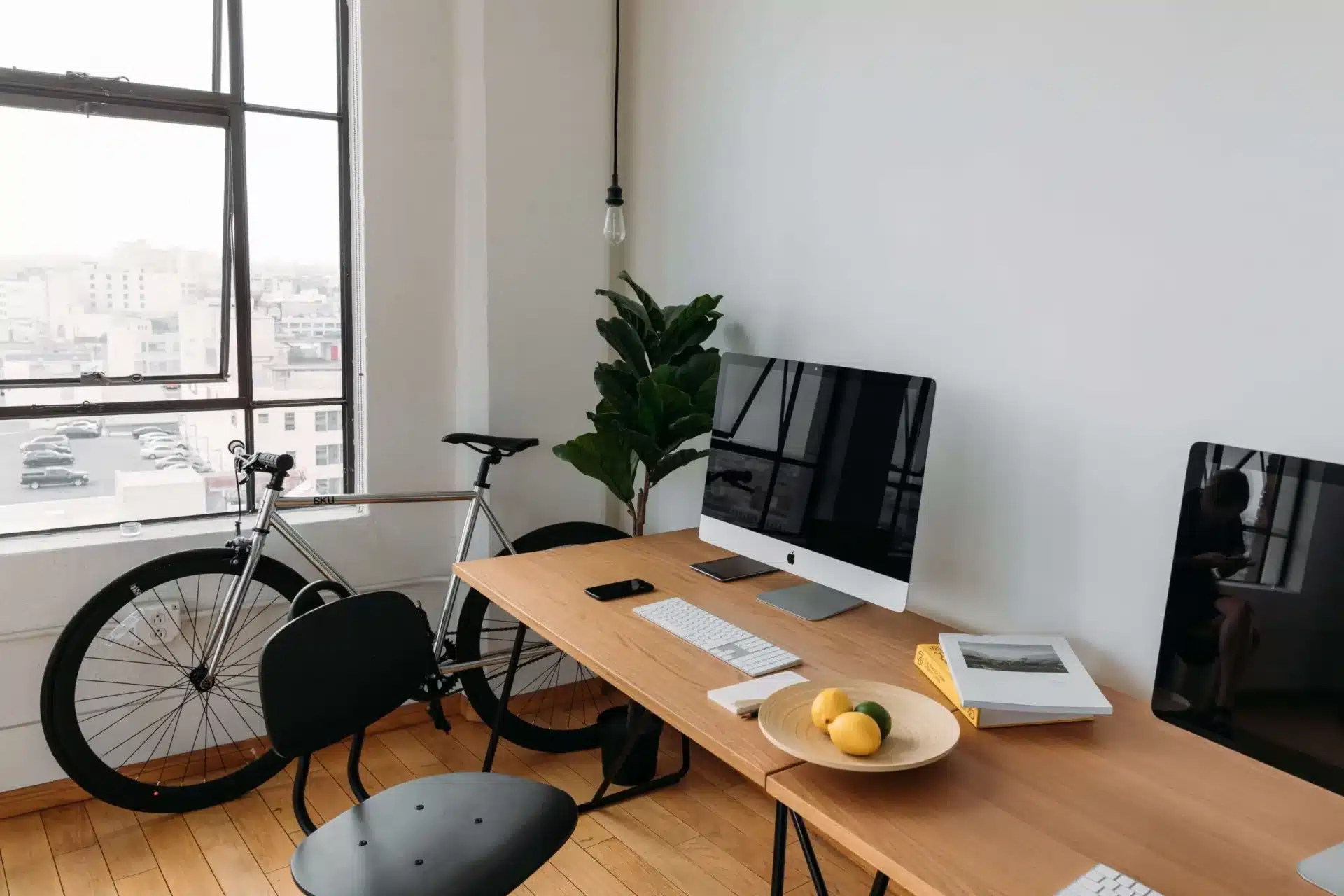Tips on how introverts can cope with open office spaces.
Introverts pose unique needs in managing their mental health and navigating the modern workplace, including managing the multitude of social interactions which exist in most […]
Introverts pose unique needs in managing their mental health and navigating the modern workplace, including managing the multitude of social interactions which exist in most workplaces but especially in open concept offices.
Why is this?
It may be because the majority of those who identify as introverts may also have what’s known as sensory processing sensitivity (not to be confused with sensory processing disorder), which, in essence, is a high or hyper-degree of sensitivity to external stimuli, a greater depth of cognitive processing than their non-introverted colleagues, and higher than average emotional reactivity.
Not all introverts will possess sensory processing sensitivity, but those that do may struggle in the modern workplace given the inherent amount of external stimuli in those environments.
For example, in a typical workspace, there will be bright lights and sounds, groups if not crowds of people to engage with, more opportunities for external interruptions (colleagues stopping by desks, etc), few or no private rooms in which they can control the environment, etc..
All of this can contribute to stimulating or over-stimulating an introvert.
Some introverts will be aware of this and may feel confident and motivated enough to either speak up with their managers and advocate for things that may help them cope better or simply start building routines and habits into their workday that help them cope with the overstimulation better.
How introverts can support themselves in open office spaces:
- Withdrawing from the office environment by taking a walk at lunchtime.
- Working in a private conference room away from their open concept office area.
- Negotiating one or two work from home days.
- Wearing noise-canceling headphones at work and/or listening to soothing, stimulus-reducing music or beats during the workday.
- Holding boundaries with colleagues who want to constantly chat or stop by, letting them know you’d be happy to chat at lunch/afternoon coffee etc but that you need uninterrupted time in the morning, etc.
Do any of these tips sound helpful to you? Do you have a tip that’s helped you cope in an open office environment? Leave a message in the comments below – we’d love to hear from you!

